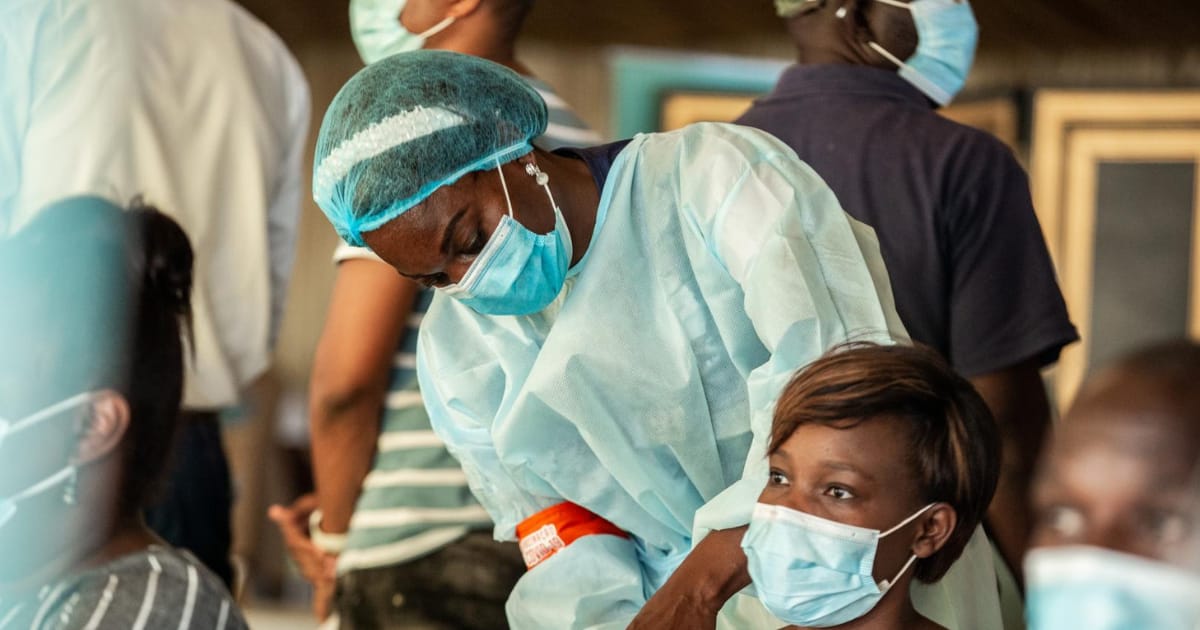
From the newsletter
When the next pandemic hits, induced by climate change or otherwise, Africa should no longer have to wait 1.5 years for vaccine trials to clear paperwork. A new partnership between The Coalition for Epidemic Preparedness Innovations (CEPI) and the WHO-led clinical trials institution will enable regulators to make multi-country approvals in as little as 15 days.
African researchers and manufacturers currently face long regulatory waits that slow vaccine development. The standard approval timeline for multi-country clinical trials is between six and 18 months.
According to the Africa CDC, climate change is making future pandemics more likely due to the increasing frequency, geographic spread, vulnerability and severity of infectious diseases.
More details
The initiative supports WHO-led AdVAncIng Clinical TRials Excellence in Africa (AVAREF) and responds to longstanding delays in Africa’s clinical trial review process. Approvals have traditionally moved through separate, sequential steps at national level. These delays have slowed the development of vaccines and other medical products needed during outbreaks.
CEPI’s support will allow AVAREF to coordinate training and simulation exercises that help regulators and ethics committees conduct joint reviews in parallel. The approach brings together multiple countries’ experts to assess trial applications at once, ensuring faster, harmonised decisions while maintaining technical standards.
Part of the funding will also support AVAREF’s scientific advice mechanism, which provides guidance to vaccine developers on study design and regulatory requirements. This process helps reduce back-and-forth communication and shortens preparation time for trials. The project includes collaboration with regulatory experts from the Paul Ehrlich Institute in Germany, who will assist with training and simulations.
According to CEPI, the initiative contributes to its “100 Days Mission,” which seeks to compress vaccine development timelines to 100 days after a new outbreak is identified. Faster approval processes are expected to improve Africa’s ability to produce and deploy vaccines during public health emergencies and to attract greater investment in local manufacturing.
Local manufacturing is vital to ensuring affordability and accessibility to medicines. Currently, Africa imports more than 70% of all public health commodities for HIV, tuberculosis and malaria alone. This partnership is expected to support Africa’s ambitions to expand vaccine and pharmaceutical manufacturing, a goal heightened by climate change that is making future pandemics an urgent reality.
Our take
Africa currently imports more than 95% of its pharmaceutical products, leaving it exposed to global supply shocks, donor funding cuts and rising costs.
This dependence drives up prices and undermines access to essential medicines, making local health systems vulnerable in times of crisis.